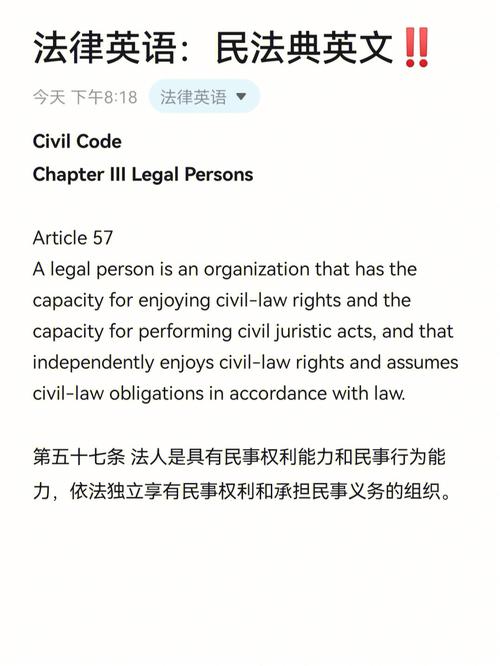Understanding Legal Concepts: An Overview
Law is a complex and multifaceted field that governs societies, regulates behavior, and resolves disputes. It encompasses various branches, including criminal law, civil law, administrative law, and international law. In this overview, we'll delve into key legal concepts and principles.
The rule of law is a fundamental principle that no one is above the law, including government officials. It ensures equal treatment, fairness, and accountability within a legal system. Upholding the rule of law promotes stability and protects individual rights.
Legal systems vary across countries and can be broadly categorized into common law and civil law systems. Common law systems, derived from English law, rely on judicial precedents and case law. Civil law systems, prevalent in continental Europe and other regions, are based on codified statutes and legislation.
A contract is a legally binding agreement between parties, enforceable by law. It requires an offer, acceptance, consideration, and the intention to create legal relations. Contracts govern numerous aspects of daily life, from business transactions to employment relationships.

Tort law deals with civil wrongs that cause harm or injury to individuals or their property. Common types of torts include negligence, defamation, and intentional infliction of emotional distress. Tort law aims to compensate victims and deter wrongful conduct.
Criminal law pertains to offenses against the state or society, punishable by fines, imprisonment, or other sanctions. It encompasses a wide range of crimes, from theft and assault to homicide and whitecollar offenses. Criminal proceedings involve the prosecution of alleged offenders by the state.
Constitutional law governs the structure and powers of government, as well as the rights and freedoms of citizens. It interprets and applies constitutional provisions, ensuring compliance with fundamental principles such as democracy, separation of powers, and the protection of individual liberties.
International law regulates relations between states, international organizations, and individuals on the global stage. It encompasses treaties, customary practices, and principles governing areas such as human rights, armed conflict, trade, and diplomacy. International law promotes cooperation and peaceful resolution of disputes among nations.
Intellectual property (IP) law protects creations of the mind, such as inventions, artistic works, trademarks, and trade secrets. It grants exclusive rights to creators and innovators, fostering innovation, creativity, and economic growth. IP law includes patents, copyrights, trademarks, and trade secrets.
Law is a dynamic and evolving field that shapes societies and governs human behavior. Understanding key legal concepts is essential for navigating legal systems, resolving disputes, and upholding justice. Whether in business, politics, or everyday life, a basic knowledge of law can empower individuals and promote the rule of law.
For further assistance or legal advice tailored to your specific situation, it's advisable to consult with a qualified legal professional.











